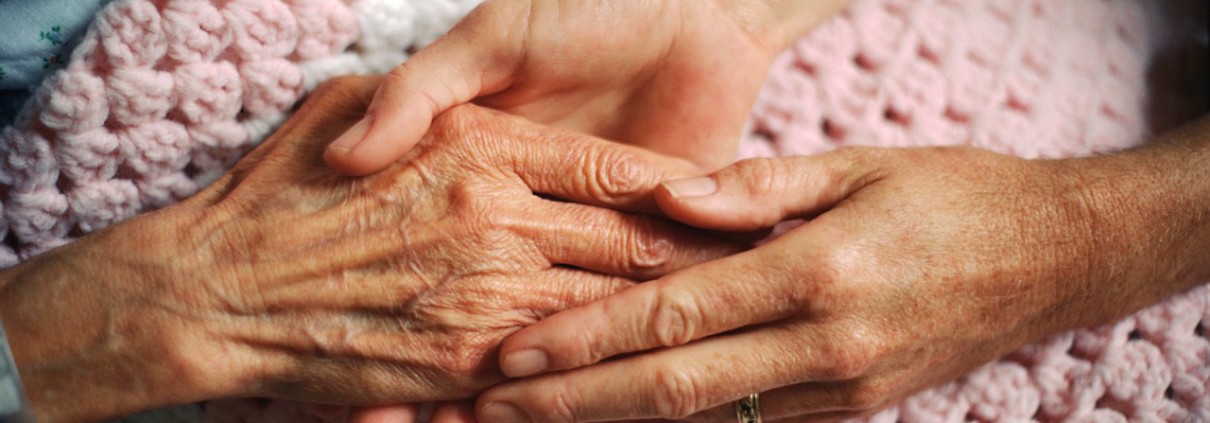When It Is Time To Return Home From The Nursing Home
Napierski says Holmes would not have gone home without this help, buoyed by money the federal government is giving states for a Medicaid program called Money Follows the Person. The program identifies patients, old and young, who’ve been in a nursing home for at least 90 days but don’t really need to be there. Massachusetts is one of 45 states and the District of Columbia in the program, created by the Deficit Reduction Act of 2005.
When an elderly loved one falls, or is otherwise injured, it can spark a few rough transitions: car from home to hospital for care, and from hospital to nursing home to recover. However, one of the most difficult transitions can be returning home from the nursing home, even after your elderly loved one no longer needs to be there.
Every state is different, but most states sponsor a special Medicaid program paid for by federal dollars that allows a senior to transition all the way back home to receive their care there. The program is called Money Follows the Person.
For a firsthand account, read a recent Kaiser Health News article titled “Moving People Home After Nursing Home Stay Is Complicated.” It is the story of Dorothy Holmes who was able to return to her home with the help of Massachusetts Medicaid. Although the Holmes story and the details of the program highlighted are specific to Massachusetts, some 45 states have adopted similar such programs.
The common key is that the programs identify Medicaid patients who are and have been in nursing homes for at least 90 days, but simply no longer need to be there. Consequently, these programs help them transition home and continue the Medicaid payments for their care. Not only is there a strong legal reason and ethical motive behind helping people return home, but it makes good sense in terms of dollars and cents, too.
It is less expensive to provide home care than it is institutional care. Therefore, the program is a win-win for all involved.
If you have a loved one in this position, then it is worth exploring your options. Transitioning home from a nursing home can be tricky, especially since you do not want to lose the nursing home benefits just because you do not need to be in a nursing home setting. This program, if available, may find your loved one on its own or it might be something to proactively contact directly.
For that matter, too, it is worth noting that there may be other options for many patients. In many instances it is merely a matter of finding and figuring them out.
Reference: The Kaiser Health News (August 16, 2013) “Moving People Home After Nursing Home Stay Is Complicated”










Leave a Reply
Want to join the discussion?Feel free to contribute!